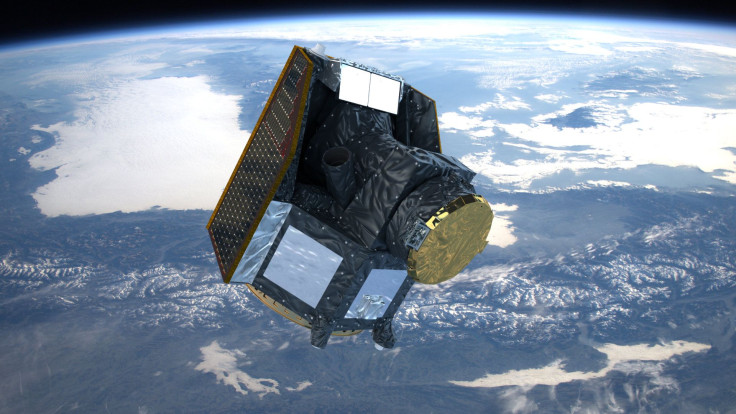ESA’s CHEOPS Now Ready To Embark On Exoplanet-Hunting Mission

KEY POINTS
- ESA's CHEOPS has passed the commissioning phase of its journey
- The space telescope tested its instruments and functions for about three months
- CHEOPS will most likely begin its mission by studying a distant star's exoplanet
The exoplanet-hunting space telescope launched by the European Space Agency (ESA) is now ready to officially start its mission. It will most likely begin by studying two stars that host exoplanets.
The Characterizing Exoplanets Satellite (CHEOPS) is a space telescope launched by the ESA to find Earth-like planets that exist beyond the Solar System. It was officially launched by the agency in December last year.
For over three months, CHEOPS was in an in-orbit commissioning phase, which is an initial stage in its mission that involves tests regarding its operations and performance. During this period, the space telescope had to meet various requirements before receiving the green light for its main mission.
One of the tasks completed by CHEOPS during the commissioning phase was taking blurred images of distant stars. According to the ESA, CHEOPS’ imaging systems were intentionally defocused in order to improve the accuracy of the space telescope’s detectors.
After spending three months in orbit to test its various equipment, CHEOPS has finally passed the commissioning phase of its mission. According to Nicola Rando, ESA’s project manager for the space telescope, CHEOPS performed well during the testing stage.
“The in-orbit commissioning phase was an exciting period, and we are pleased we were able to meet all requirements,” she explained in a statement. “The satellite platform and instrument performed remarkably, and both the Mission and Science Operation Centers supported operations impeccably.”
Now that CHEOPS is ready to carry out its mission, it will most likely begin with the two stars it has been observing during the commissioning phase. One of the stars is known as HD 93396. It is a subgiant yellow star that’s about 320 light-years from Earth. Although it is three times larger than Earth’s Sun, HD 93396 is slightly cooler.
According to CHEOPS’ observations, HD 93396 is orbited by an exoplanet known as KELT-11b, which is about 30% more massive than Jupiter. Data collected by CHEOPS indicated that the exoplanet is about 181,600 kilometers wide.
Scientists at ESA noted that the space telescope would be able to collect more detailed information about KELT-11b and other exoplanets once its official mission kicks off.
© Copyright IBTimes 2025. All rights reserved.





















